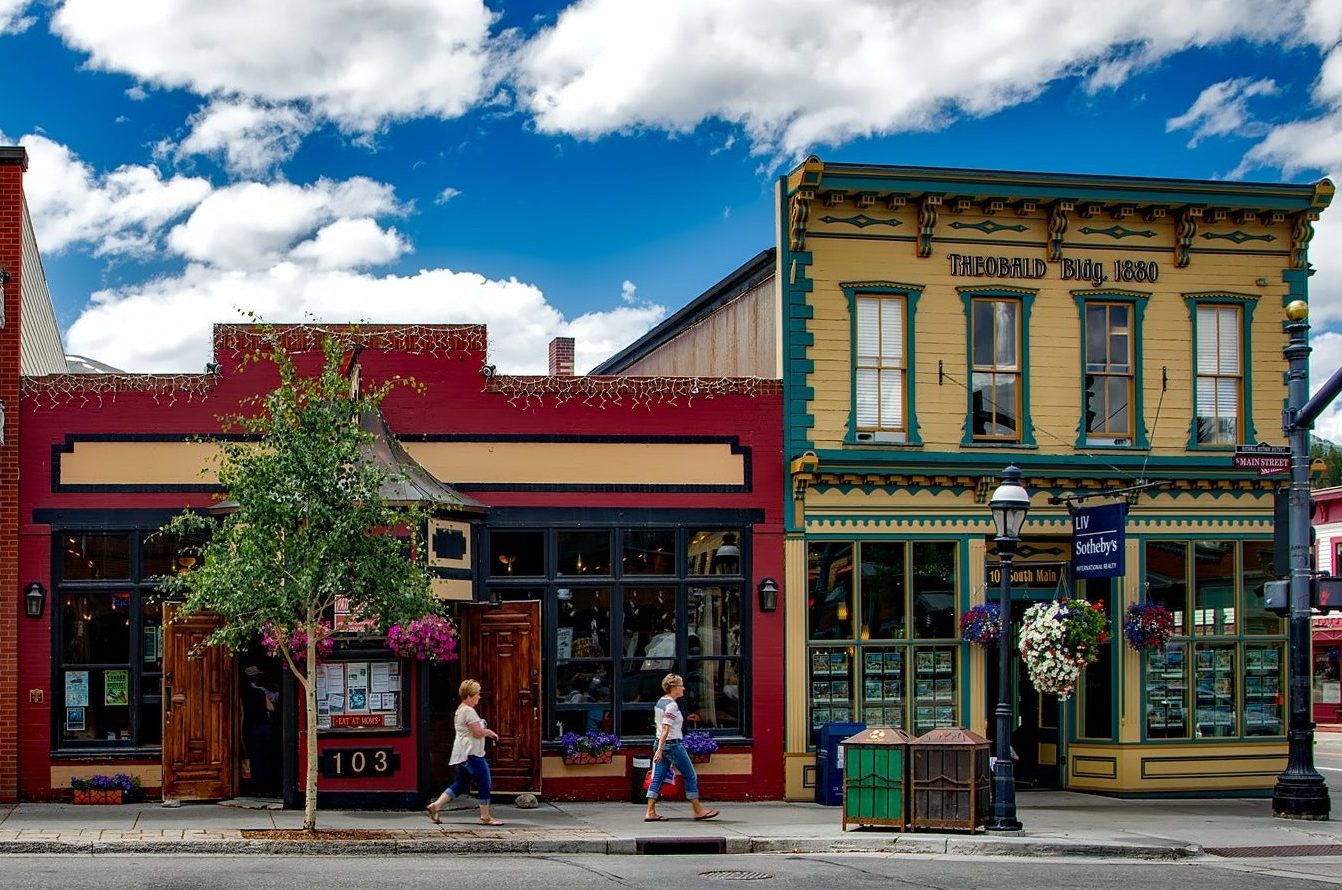
When you search your company online, do you wonder why you don’t show up on the first page of search results? Maybe your business doesn’t even appear at all. If you do have a website, you might see the number of page visitors is not near the number you would like. This all has to do with local SEO, which is similar to traditional SEO except for the extremely heavy focus on location. This means when doing local SEO, you should put a strong focus on location when optimizing content, link building, and your web design. Improving this allows Google to display the best search results on a local level and will place your business at the top of the search results.
Do I need to know how to do local SEO?
You first might be wondering, “How do I know if I need to implement local SEO or just traditional SEO?”
A quick way to check is by Googling keywords around your business. If Google displays a map pack widget on the SERP, then you NEED local SEO.
If you’re a business operating and serving a community within one specific area, county, or city, then you will definitely need to focus on local SEO. If you have a physical address in the area you are serving, you already have a leg up in local SEO and Google’s Map Packs.

Here are some of the best tips on how to do local SEO for your business:
How to do local SEO – Link Building
Don’t worry! You won’t need as many inbound links (backlinks) to your website as you would in traditional SEO. Much of your competitors likely have 15 to 30 backlinks, and you only need to match or outdo them. You should be getting these backlinks from other local businesses, organizations, and local websites. You will find the task easier by forming relationships with people or businesses in the community and by sponsoring events in the local community.
Remember to ensure all mentions of your business’s name, address, and phone number on other websites contain the same exact information. If you update or change any of these three details, you should reach out to the business websites featuring the old information and kindly ask if they can update the information.
Note: In local SEO, “nofollow” links can still affect website rank and position.
How to do local SEO – Content
As in traditional SEO, you still put a strong focus on the topic of the content; however, now you will need to provide the audience (customers, readers, and web crawlers) with relevant locational context, too! Your content should organically mention the location/community. Blog posts can be about community events you have participated in or sponsored, how the topic affects the community, or even how the community has helped your business grow.
Social media is a very important part of SEO. Reaching out to your customers and showing you are there for them goes a long way in word-of-mouth promotion. Encouraging positive reviews and sharing them on your website is another great method for how to do local content SEO.
More tips on how to do local SEO:
- Make sure you have set up a Google My Business with all the correct information (if you have a location in that area)
- If you don’t have a physical address in the location you are optimizing for, do NOT fake your address
- Note: Add UTM tracking parameters to the website link on your Google My Business page to get mobile traffic attributed to your web page (set medium to organic)
- Don’t worry if you are slightly outranked when searching in different areas in the location. Proximity is one of the strongest weighted factors in local SEO and that cannot be optimized in search and web design.
- Reviews and review sites play a role in your ranking. Make a profile page on each site and encourage positive reviews from your customers. Respond to negative reviews, too. The response should address the complaint, but also show future customers you hear them, and you can handle negativity with grace.
It is always important to know how to do local SEO for your own small business. To better optimize your website and save time and money on SEO research, it is recommended that you work with a digital marketing agency. If you would like to work with an agency with years of experience in local SEO, contact us at WeSpeak Easy today!
Resources:
Some great resources for how to do local SEO are SEMrush Academy courses, ahrefs, moz blog, and HubSpot.
If you need to make or claim a Google My Business page, here is a link to Google’s support page on the subject.


Recent Comments